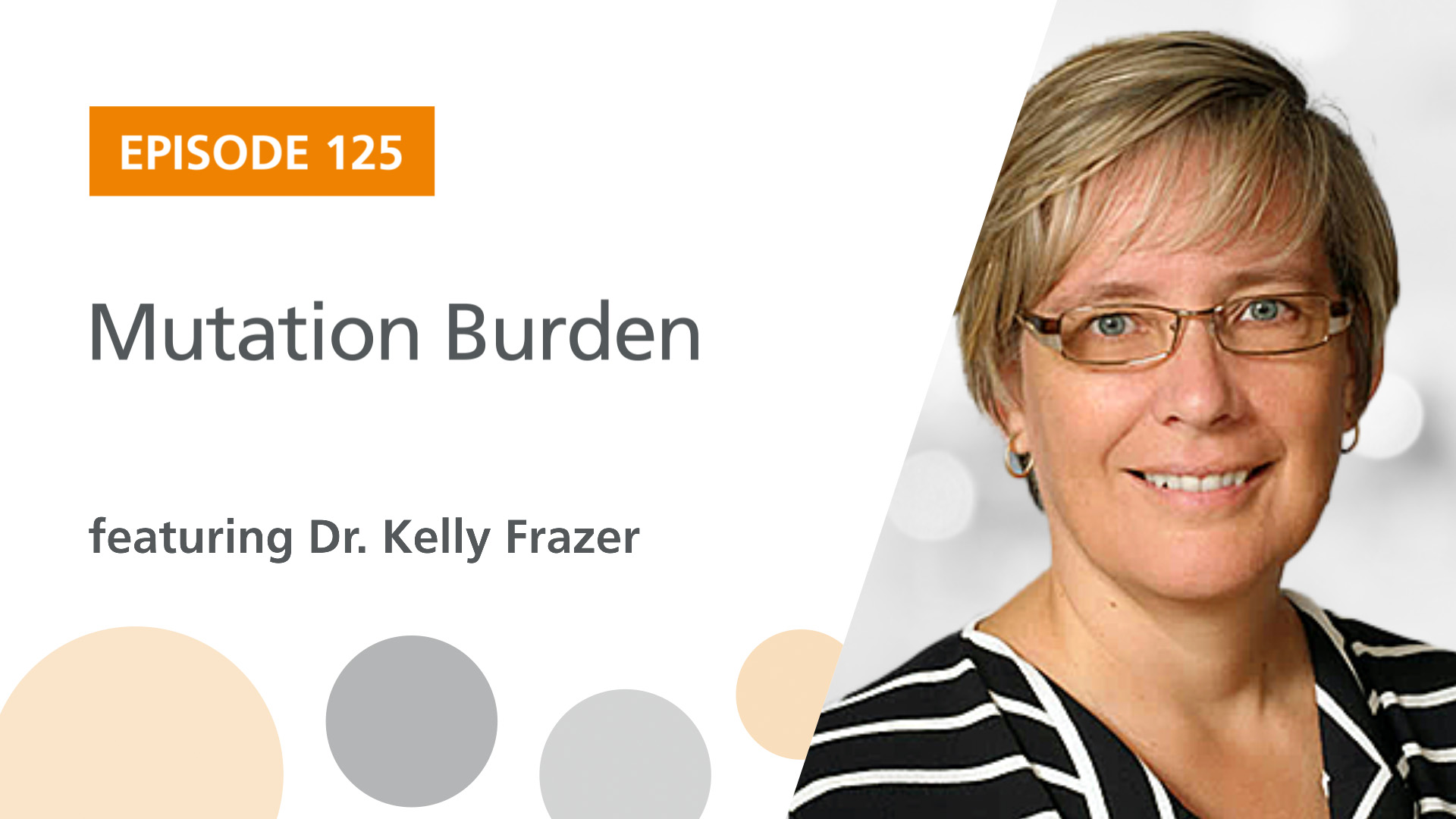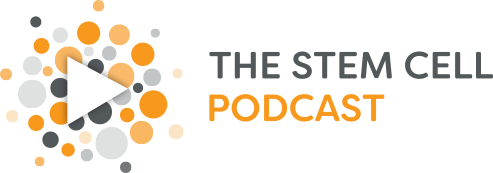
Podcast: Play in new window
Guest:
Dr. Kelly Frazer is the Director of the UC San Diego Institute for Genomic Medicine and Founding Chief of the Division of Genome Information Sciences in the Department of Pediatrics at UC San Diego. Dr. Frazer has spent the past 25 years studying various aspects of functional and structural human genomics. In this episode she talks to us about her recent paper looking at the mutational burden of human induced pluripotent stem cells.
Resources and Links
New Found Skull Tunnels – Using a micro-CT scan, scientists found that the mouse skull is full of microscopic channels that connect the bone to the brain’s outer membrane. Similar channels were found in human skulls.
Microglia Part of Sex-Linked Brain Disorders – Scientists found that male microglia might be less protected against environmental insults and quicker to activate the cellular suicide program.
Genes to Help Plants Produce Morphine-Like Molecules – The newly deciphered genome of the opium poppy is helping scientists figure out how the plant evolved the ability to make morphine and other similar painkilling molecules.
CRISPR to Help Dog Muscular Dystrophy – Scientists have used CRISPR/Cas9 to repair a genetic mutation in beagle puppies that causes muscular dystrophy.
New Cell Fate Determinant Identified in Neural Stem Cells – Lisa Flanagan, PhD, and her research team examined several pathways that add sugars to cells and found one that differed between cells that make neurons and cells that make astrocytes.
A New Family Tree of Blood Production Provides Info on Stem Cells – A new study shows that humans have ten times more hematopoietic stem cells than previously thought.
Blood Brain Barrier Chip System – Wyss Institute researchers have created organ chips that mimic the brain and the blood-brain barrier and, by linking them together, have discovered how our blood vessels and neurons influence each other.
Using Stem Cell Factors in Wounds Could Help Heal Skin Ulcers – Scientists have developed a technique to directly convert the cells in an open wound into new skin cells.
Photo Reference: Courtesy of Dr. Kelly Frazer

